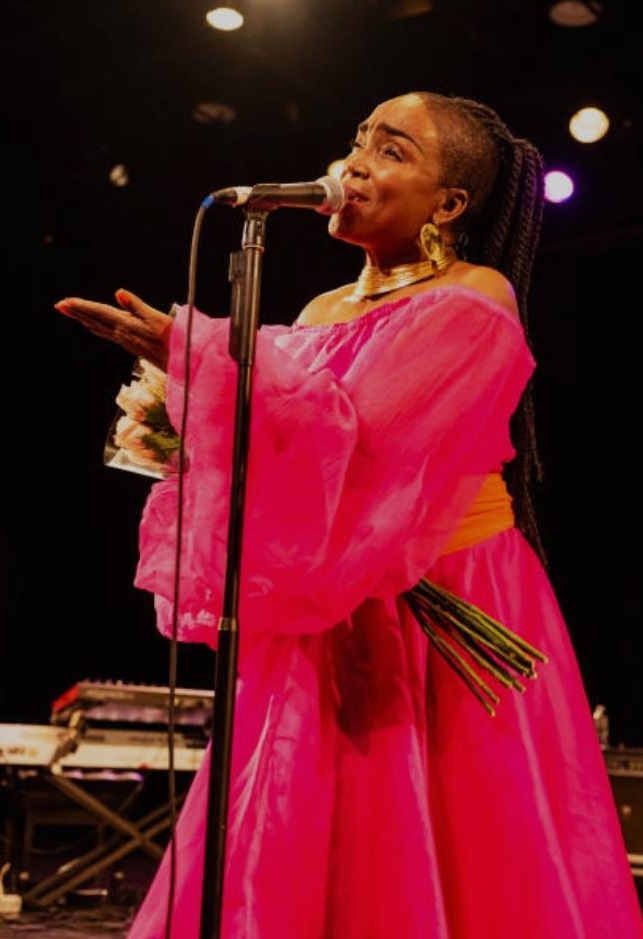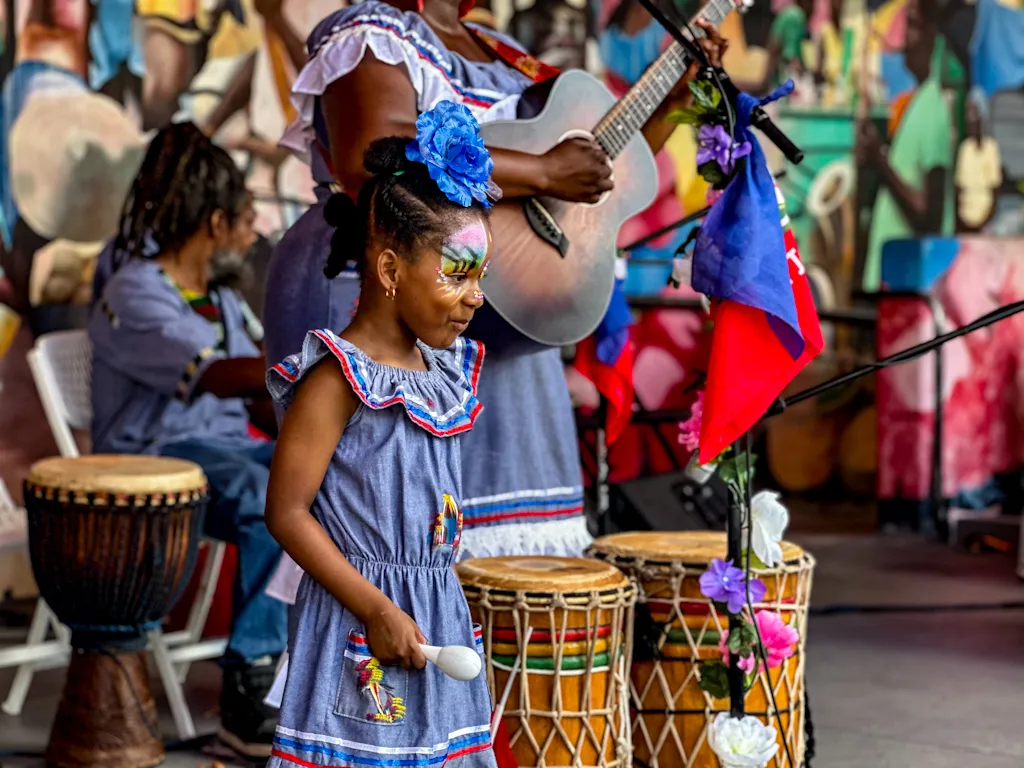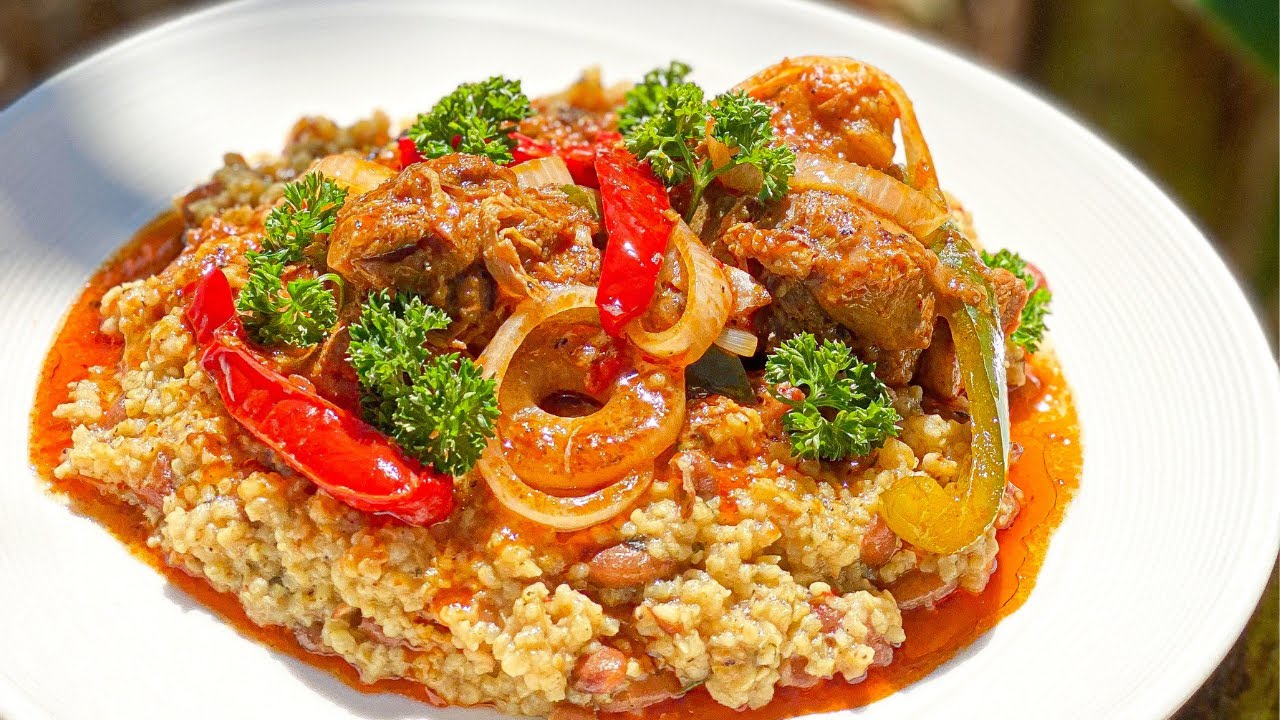Coupé Cloué, the king of Haitian music.
Coupé Cloué, whose real name is Jean Gesner Henry, is a genius of Haitian music, both singer and musician, his mark in the musical pantheon of Haïti is alongside the most prestigious names, such as Nemours Jean-Baptiste, Robert Sico et al.
The first steps of the legend
The King Coupe was born in Léogâne (in the city of Anacaona), on May 4, 1925, he died on January 29, 1998 in Port-au-Prince. Twenty-five years after his death, his music remains among the most consumed by Haitians living in Haïti and those of the Haitian diaspora.
In some African countries, it is quite common to listen to his music in nightclubs even today. He is considered by Haitian music lovers, and many compas fans around the world, as one of the emblematic figures of Haitian music, for his great contribution to the direct compas musical genre.
The beginnings of King Coupé in music.
Coupé Cloué began his musical career in the 1950s and quickly became one of the most popular artists in Haiti. His music skillfully blended elements of compass, voodoo and Haitian folklore, infiltrating the Haitian being in its most intimate aspects, creating a unique style highly appreciated by the Haitian public and elsewhere.
The King Coupe discography.
Over the years, Coupé Cloué has recorded numerous successful albums and has been praised for his lyrics and his commitment to Haitian culture. Songs like "myanm myanm", "Yeye", "Djo ak ti Djo".. have marked the memory of Haïti and the French West Indies. Making the legendary voice of King Coupé an important part of Caribbean music.
Furthermore, his fabulous side allowed him to be one of the few to be able to address themes such as politics, sexuality and Haitian traditions in his songs, in the midst of a dictatorship. He lived through the entire Duvaliers dictatorship, without having been censored by the regime.
Coupé Cloué the timeless
The Haitian who has not yet listened to a song by this legend of Haitian music has not yet seen the light of day. His powerful voice is one of the rare symbols that runs through Haitian society in its entirety, and on which almost everyone has consensus. His music is traced with a timeless accent, and resonates with the same effectiveness in the ear of the child, the young, and in the heart of the old Haitian. His music has the ability to take the shape of the listener. His polysemous words are accessible to all and are welcomed according to the maturity of his listener.
Coupé Cloué is also known for his ability to ignite crowds with his powerful and expressive voice. He is an entertainer at heart, his performances on stage were always very appreciated by the public, who admired his talent and charisma.
Despite his death in 1998, Coupé Cloué remains an essential figure in Haitian music and his musical legacy continues to influence many contemporary Haitian artists. His timeless songs and his commitment to Haitian culture have made him a music icon for his country in the same way that Bob Marley was for Jamaica. Even today, his voice is recognized as a powerful symbol of national pride for the Haitian people in all their diversity.
The legendary name of Coupé Cloué will remain engraved in gold letters, among the most worthy Haitians of all time.

















































































